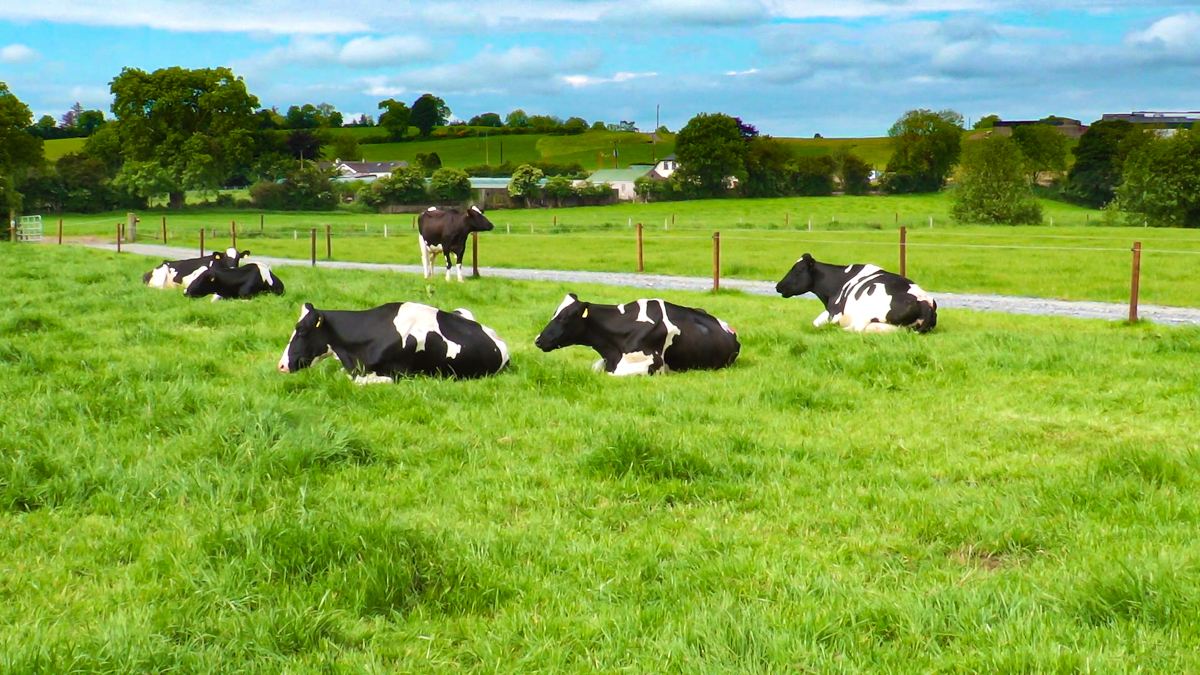Irish family farms will not face additional red tape after the European Parliament today (Tuesday, July 11) voted to maintain current rules and not bring livestock farms under the Industrial Emissions Directive (IED).
Although the parliament retained current rules under the IED – which which seeks to “reduce harmful industrial emissions” across the European Union – it will not extend the directive to cattle farms and will not extend it further to include more pig and poultry farms.
In a statement the European Parliament outlined that it had adopted its position to negotiate with the European Council “on new rules to reduce pollution and include large agro-industrial installations in the ecological transition”.
“With regard to livestock farms, Members of the European Parliament (MEPs) voted in favor of maintaining the current rules and including pig farms with more than 2000 places for production pigs (over 30 kg) or with more than 750 places for sows.
“Poultry farms with more than 40,000 places for poultry, as well as farms with more than 750 normal heads,” it detailed.
The parliament rejected a proposal put forward by the European Commission last year to extend the scope of the IED to cover all farms with more than 150 livestock units.
After the vote, rapporteur Radan Kanev from the European People’s Party (EPP) Bulgaria, said: “Better protection of the environment does not have to lead to more bureaucracy”.
Industrial Emissions Directive
The European Parliament’s decision has been welcomed by politicians and farm organisations.
Speaking from Strasbourg today, Fine Gael MEP Colm Markey, said: “I fully support measures to slash industrial emissions but extending the scope of this directive to family farms was a step too far.
“I’m glad that common sense prevailed and a majority of MEPs agreed that this proposal would do little to address our environmental challenges.”
“The changes would have been a bureaucratic and financial nightmare for thousands of farmers, who would have been forced to pay out thousands of euro every year for a permit. Farmers are already overburdened with EU red-tape and extending the scope of this directive was always a counterproductive move.”
Meanwhile the Irish Farmers’ Association (IFA) has also applauded the decision taken by the European Parliament.
IFA president, Tim Cullinan, said including livestock farming within the IED was the completely wrong approach in the first place.
“Farms are already heavily regulated and they are not ‘industrial’ units. We have a pasture-based system in this country,” he added.
But according to the umbrella group for European farmer organisations, Copa and Cogeca, while the parliament “recognised the IED is an ill-suited legislative instrument that simply ignores basic realities of the livestock sector” there are some provisions in the IED that could prove “problematic”.
“We count on the council to embrace the European Parliament’s position on the scope of application for the agriculture sector during trialogue negotiations,” it added.
